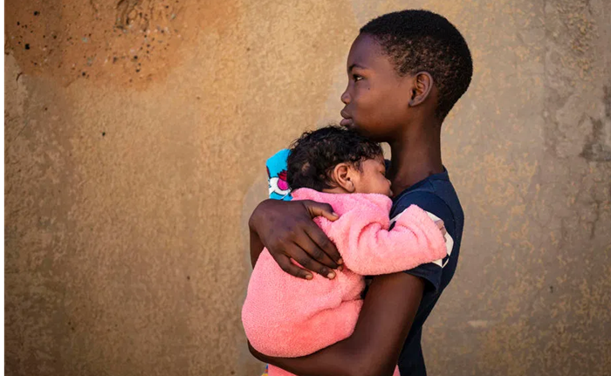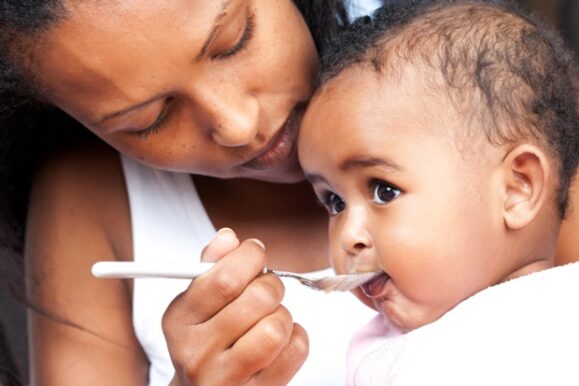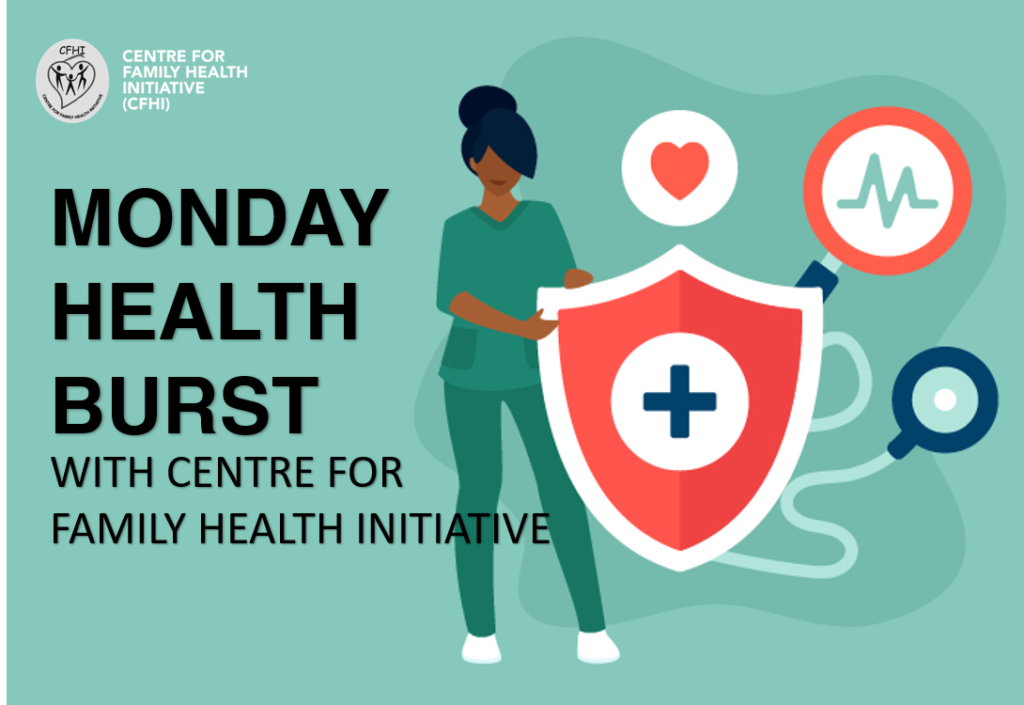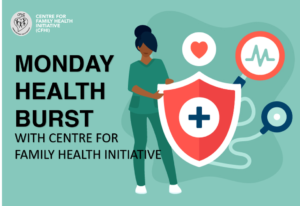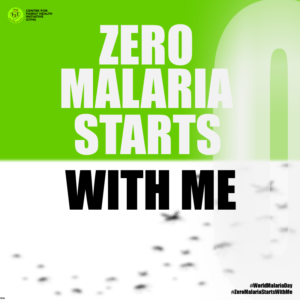MONDAY HEALTH BURST – MAY 25, 2020
SAFETY MEASURES FOR CHILDREN DURING LOCKDOWN
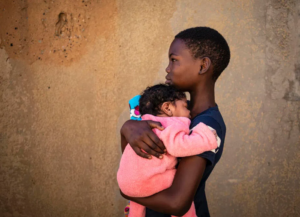
Children witness families struggling with government lock downs that prevent their parents from earning a living and bringing their education to a stand-still. It is important to keep the children busy at home so they can adhere to the lock down rules and still have a stable mental health.
Children can do the following to keep themselves busy at home
- Talk on the phone or do a video call with family and friends
- Text or use other messaging apps to talk with family and friends.
- Play online games that let them play with other kids from home.
- Exercise daily
- Trying out new skills and reading new books/story books
Important safety precautions at home to help prevent infection and spread of COVID-19 in children includes:
- Regular hand washing with soap and running water
- Regular laundry of their wears
- Disinfecting frequently used surfaces such as doorknobs, switch, toys, remote, sink handles, etc
- Adequate nutrition such as lots of fruits and vegetables to help build their immune system.
- Avoid self-medication. When a child is noticed to have developed any symptom of ill health, visit a health facility.
Important safety precautions at the health facilities during the pandemic
- Collaborate to ensure child-friendly health facilities/access to health care, including guidance for health staff on child-friendly communication and special measures to support children’s psycho-social well-being when undergoing treatment and quarantine.
- Support child safeguarding training for health workers (particularly where children are separated from their families or caregivers).
- Establish safe, child-friendly complaints and feedback mechanisms in health care facilities.
- Strengthen capacity on clinical management of rape (CMR) and ensure minimum CMR supplies are available in key facilities to appropriately respond to sexual violence.
- Collaborate on mental health and psycho-social support care and messaging for children and caregivers affected by COVID-19.
- Collaborate to ensure child-friendly hand-washing stations are available at health facilities, schools, childcare centres, alternative care centres, and other locations children are likely to visit.
Psychologists and economists have considered parenting style such as how warm, strict, or communicative a parent is, is an important determinant of a child’s skills. During a period of home schooling, parents will try to enforce rules and boundaries so that their children can learn. However, harsh parenting including shouting at or smacking children particularly when the socio-emotional skills of children are low, will exacerbate children’s behavioral and emotional problems. Instead, moving to a more sensitive style of parenting can help close the socio-emotional gaps observed across children. Policy makers should also ensure that information, education, and communication (IEC) materials, including information on available services, are produced, and displayed with limited text in child-friendly versions.
MONDAY HEALTH BURST – MAY 25, 2020 Read More »

